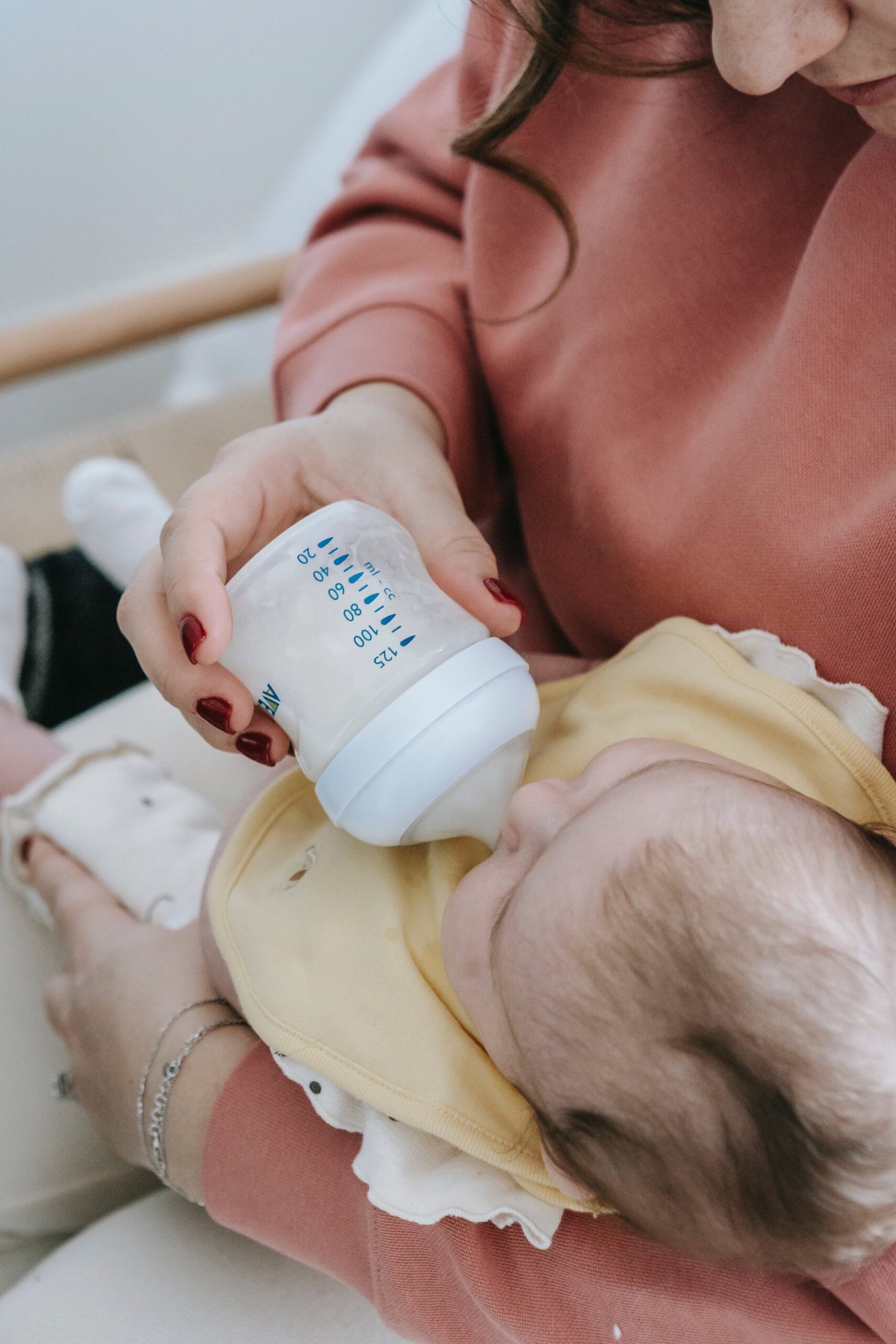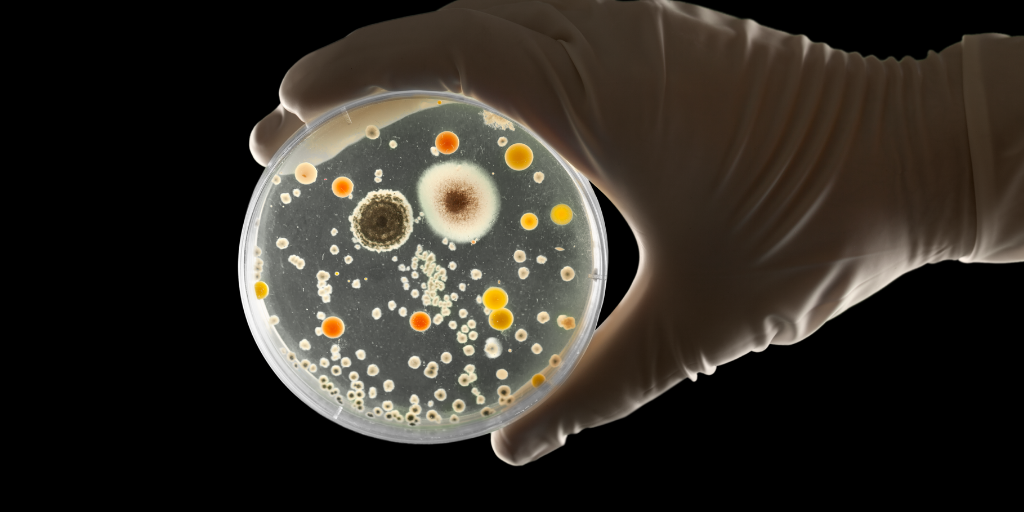Type a search + hit enter!

What you feed your baby and how it impacts their gut bacteria – scientifically termed the “microbiome” – has been a growing area of interest in the breastfeeding world. It is well established that feeding an infant cow’s milk based formula significantly changes the number of species and type of bacteria that grow in an […]
read more
latest post

read more
What you feed your baby and how it impacts their gut bacteria – scientifically termed the “microbiome” – has been a growing area of interest in the breastfeeding world. It is well established that feeding an infant cow’s milk based formula significantly changes the number of species and type of bacteria that grow in an infant’s gastrointestinal tract, and is associated with negative clinical outcomes. However, there is less research looking at the difference between receiving milk from the infant’s birth mother (termed “mother’s own milk”) or donor human milk.
Recently, a new article was published in American Journal of Clinical Nutrition that explored the differences between infants fed either donor human milk or their own mother’s milk.
What is donor human milk?
In the context of this research article, donor human milk is milk purchased from mothers who are producing too much. This milk is then screened and pasteurized (subjected to heat treatment) by Prolacta Bioscience in order to remove all bacteria. Pasteurization is important in this context because the donated milk is going mainly to premature infants who may be sick or immunocompromised. Milk banks want to ensure that there are no pathogenic bacteria or viruses that could hard these infants.
What difference does it make?
Donor human milk is different from milk that would come from an infant’s own mother for a few reasons.
-
Exposure to heat can decrease the concentration of certain micronutrients
-
Exposure to heat can decrease the activity of certain enzymes and immune compounds
-
The loss of bacteria does mean potentially harmful bacteria, but can also mean the loss of bacteria beneficial for development of the infant microbiome
What is the impact on the infant microbiome?
This new research provides evidence that infants fed a diet consisting mostly of donor human milk (average: 14% mother’s own milk) have a decreased diversity of gut microbiota in all stool samples collected over the 6-week duration of the trial.
The infant’s fed their mother’s own milk had more Bifidobacterium and Bacteroides genus bacteria than donor human milk fed infants. These bacterial species have been shown in other research to be beneficial for the growth and development of the infant when they are in the neonatal intensive care unit. Additionally, lower levels of Bacteroides bacteria have been linked to development of obesity in individuals with metabolic syndrome.
Donor human milk fed infants had more Staphylococcus genus bacteria. This genus of bacteria is known to contain pathogenic microbes. This could put the infant at an increased risk of development of illness.
Maybe most importantly, infants fed mostly their mother’s own milk (average: 91% mother’s own milk) had higher feeding tolerance than infants fed donor human milk. This is certainly important in growth and development, because the more food that the infant is tolerating, the faster they can grow.
Why is this important?
As much of my research focuses on the use of donor human milk, this article further emphasizes that donor human milk is supposed to be used specifically as a band-aid, with the goal of providing an infant their mother’s own milk. A mother’s milk is specifically designed to meet the needs of her infant. The mother’s milk contains immune components specific to that dyad’s environment, nutrition optimized for the infants age and status, enzymes to help that baby digest and absorb nutrients, and so much more. We need to do better at nurturing a culture that provides women the support and encouragement they need to feel empowered to breastfeed their baby.
Get Your copy →
Cross the finish line with confidence.
Don't walk into your IBCLC exam nervous - with our comprehensive study guide in your back pocket, you'll be prepared for every scenario and question.
